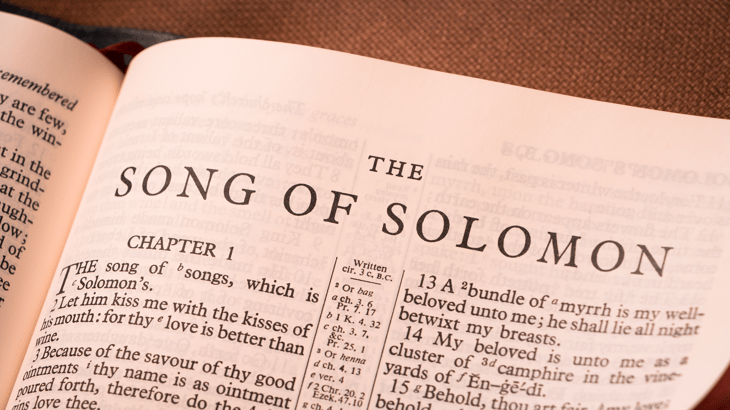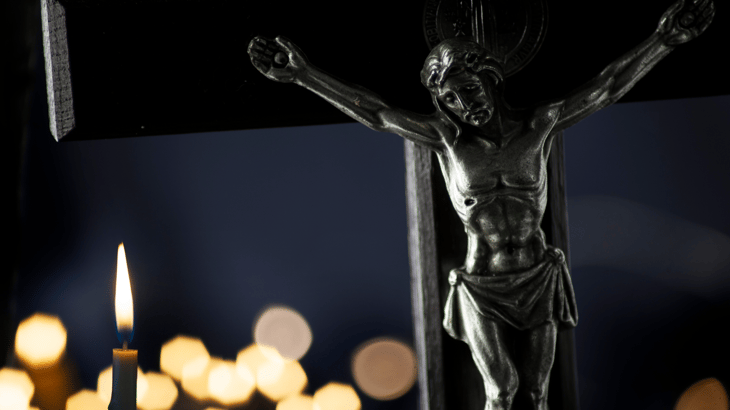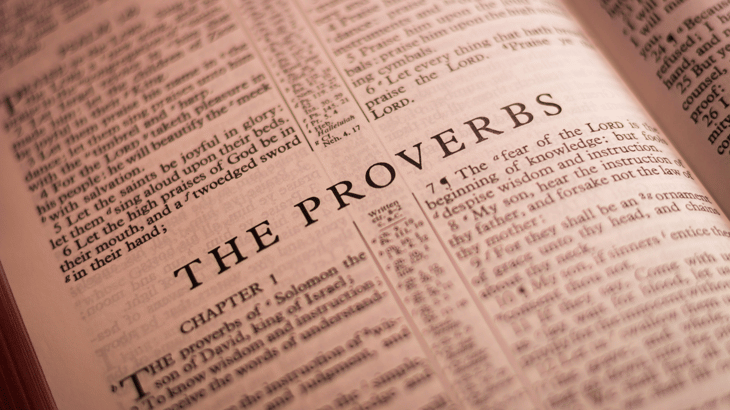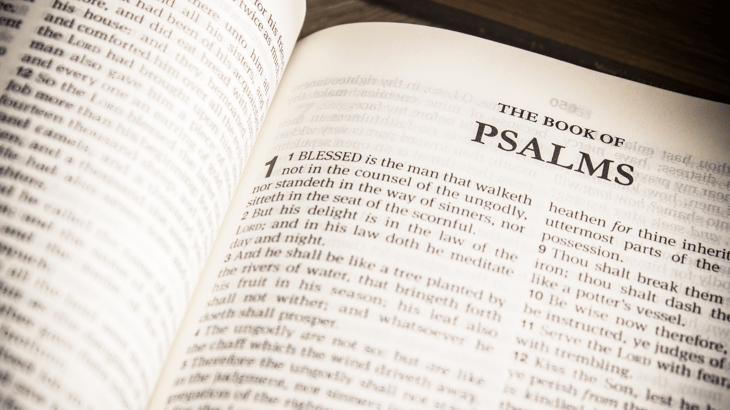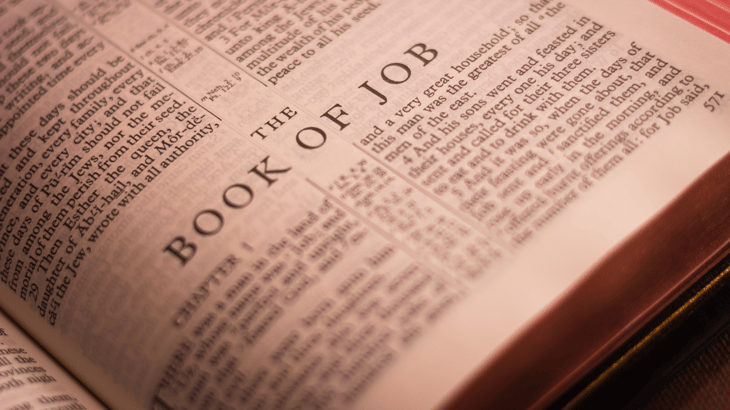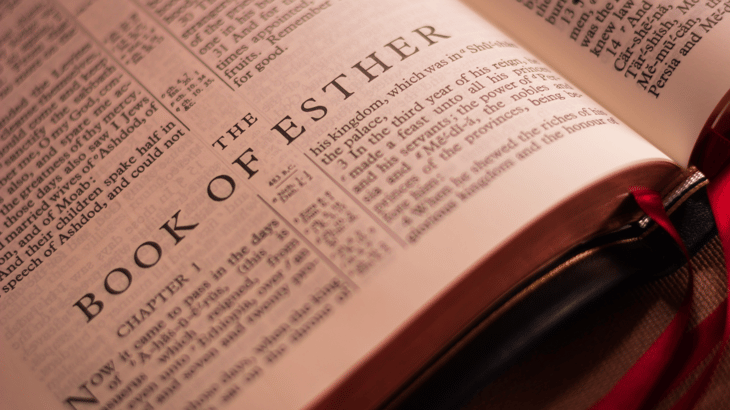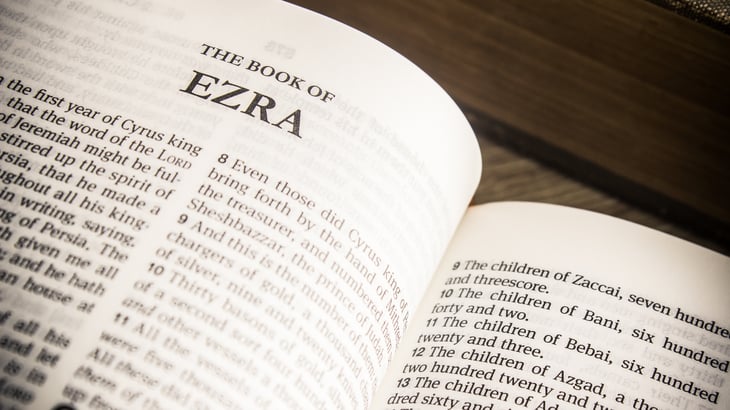Recent Posts by Concordia Publishing House
Song of Solomon: An Overview
The Song of Solomon celebrates love, a common theme for all people of all times. What distinguishes the Song, however, is the way it connects human love to God’s greater love in poetry that mingles the earthly with the heavenly, the royal with the rural, and the ordinary with the eternal. In this selection, read an overview of the book and understand how the characters and narrative of the Song of Solomon point to God’s Gospel message.
This blog post is adapted from Lutheran Bible Companion, Volume 1: Introduction and Old Testament.
Opposing Ideas in Ecclesiastes: Justice and Mercy
When the book of Ecclesiastes highlights judgment, it can arouse questions about the apparent contradiction between the grief of Ecclesiastes and statements of abundant mercy elsewhere in the Bible. This excerpt from the Lutheran Bible Companion, Volume 1: Introduction and Old Testament provides clarity in understanding God’s character of both justice and mercy.
Proverbs: An Overview
The Psalms: An Overview
The Book of Psalms contains songs and prayers for every occasion. In fact, the Psalms collectively cover so much of the faith that they were rightly called a “little Bible” by the Church Fathers. This selection provides a summary of each of the 150 psalms, serving as both an overview of the Book of Psalms and a guide. The psalms are grouped by their traditional “books,” or series of Psalms, ending with a doxology.
The Book of Job: An Overview
Job is renowned as the archetypical “suffering man” of the Old Testament, and rightly so. His losses were immense. But his comfort amidst his suffering is the knowledge that God Himself is perfectly steadfast and desires to act in mercy toward His servants.
Esther: An Overview
The following is adapted from volume 1 of The Lutheran Bible Companion on the Book of Esther.
Israel’s Story in Nehemiah
The following is an excerpt from volume 1 of The Lutheran Bible Companion on the happenings in Israel during the time of Nehemiah.
God’s Gifts in James
The following is an excerpt from Dr. Curtis Giese’s Concordia Commentary on James. It considers God’s role as a gift giver and unchanging figure.
The Christ in Joshua
The following is an excerpt from the upcoming Bible study The Messiah: Revealing Jesus in the Old Testament. This study works through each book of the Old Testament and highlights the prophesy and presence of Christ in each.
Israel’s Story in Ezra
The following is an excerpt from volume 1 of The Lutheran Bible Companion on the happenings in Israel during the time of Ezra.

